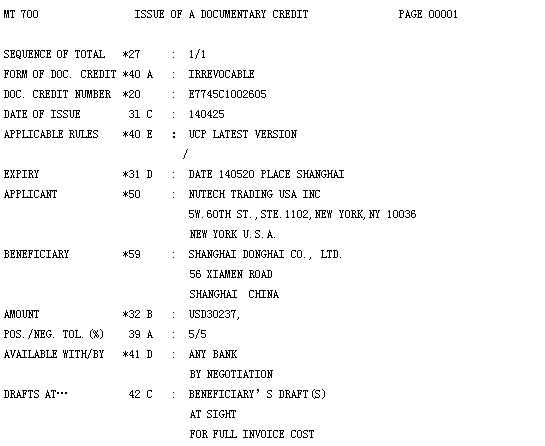Standard English is the variety of English which is usually used in print and which is normally taught in schools and to non-native speakers learning the language. It is also the variety which is normally (1) by educated people and used in news broadcasts and other (2) situations. The difference between standard and nonstandard, it should be noted, has (3) in principle to do with differences between formal and colloquial (4) ; standard English has colloquial as well as formal variants.
(5) , the standard variety of English is based on the London (6) of English that developed after the Norman Conquest resulted in the removal of the Court from Winchester to London. This dialect became the one (7) by the educated, and it was developed and promoted (8) a model, or norm, for wider and wider segments of society. It was also the (9) that was carried overseas, but not one unaffected by such export. Today, (10) English is arranged to the extent that tile grammar and vocabulary of English are (11) the same everywhere in the world where English is used; (12) among local standards is really quite minor, (13) the Singapore, South Africa, and Irish varieties are really very (14) different from one another so far as grammar and vocabulary are (15) .Indeed, Standard English is so powerful that it exerts a tremendous (16) on all local varieties, to the extent that many of long-established dialects of England have (17) much of their vigor and there is considerable pressure on them to be (18) . This latter situation is not unique (19) English: it is also true in other countries where processes of standardization are (20) .But it sometimes creates problems for speakers who try to strike some kind of compromise between local norms and national, even supranational ones.
11()
A.not
B.very
C.much
D.hardly
参考答案:C
解析:
此题属于词语搭配题。much the same表示“差不多,几乎一样”,例如:The patient is much the same.根据原文句意:世界各地所用的语法和词汇基本相同,故选项[C]much正确。选项[A]not(不),表示否定意味,与题意不符;选项[B]very不与same连用;选项[D]hardly(几乎不),与题意相反。


